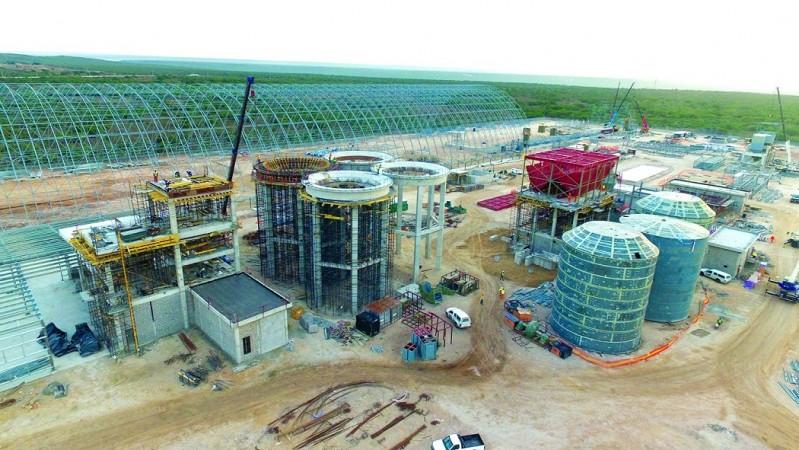
Indian companies are out to conquer the world and India could become one of the top 20 foreign direct investment (FDI) sources by 2021, says a top United Nations panel. The report shows the maturing of the Indian economy which has all through remained a net FDI recipient with Prime Minister Narendra Modi's pet 'Make in India' programme attracting FDI from across the world.
"India and the UAE — not traditionally in the top 20 outward investor countries — were also listed among the top 10 sources of FDI, for the 2019-2021 period," says the report on international FDI flows by the United Nations Conference on Trade and Development (UNCTAD), according to a media report. A survey of global investment promotion agencies shows that India's equity outflows stood at $11.03 billion in 2018, a report in Business Standard says. The current year has also seen announcements by many Indian majors, according to the India Brand Equity Foundation (IBEF), a trust established by the union commerce department.
Citing major FDI outflows, the report says Infosys has announced the acquisition of 75 per cent stake in a subsidiary of Dutch bank ABN AMRO. Sun Pharmaceuticals raised its stake in Russia's PJSC Biosintez to 97 per cent in March. Ashok Leyland has set up a new facility in Dhaka, in a joint venture with IFAD Autos. The sales, service, and spare parts facility is spread over 138,000 square feet, and will cater to the entire range of Ashok Leyland vehicles, the report says. Auto components major JBM Group has bought a majority stake in Linde-Wiemann, a German structural components producer. Hotels rating agency OYO is planning to invest $1.2 billion in expansion across key markets, including China.

FDI inflows also rose 6 per cent in 2018 to $42 billion, but the government's projection for the entire FY19 period shows a decline in inbound equity investments. The inbound FDI has been lower year on year for the first months of this year. The Department for Promotion of Industry and Internal Trade (DPIIT) has revealed that equity inflows reduced to $44.36 billion, down 1 per cent from $44.85 billion last year.
"Apart from a wait-and-watch policy adopted by global investors before the elections, volatility in the stock market as well as the overall weak health of the corporate sector may have scared off new inflows," the report says quoting Devendra Pant, the chief economist at India Ratings.
India's economy officially grew 6.8 per cent in FY19 — lowest in the Modi government's first tenure. Private investments remained subdued and demand — particularly in the rural sector — was muted, it says. However, there is the widespread expectation that investors may now rally following the massive mandate to the government and investments may rise accordingly.
In the subcontinent, FDI inflows to Bangladesh and Sri Lanka rose to a record $3.6 billion and $1.6 billion, respectively. However, Pakistan witnessed a 27 per cent decline in investment to $2.4 billion, the report said. In FY19, Singapore turned out to be the largest source of offshore funds, with FDI rising nearly 25 per cent to $16.22 billion. This was followed by Mauritius at $6.8 billion and Japan at $2.98 billion, it adds. India revised its tax treaty with Mauritius and Singapore, which comes into effect from the current financial year.














